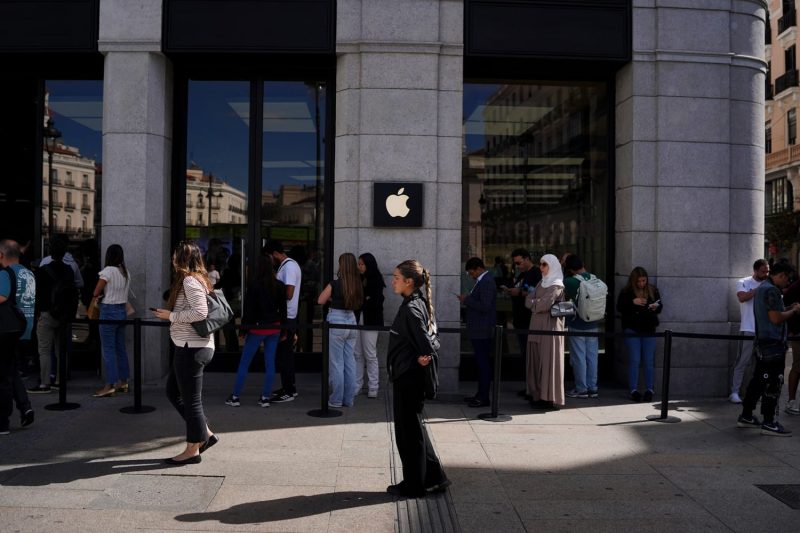
Apple in Hot Water: European Union Regulators Slam Tech Giant for Violating Bloc’s Rules
In the latest unfolding of tech industry controversy, Apple finds itself under the microscope of European Union regulators. Accusations have been hurled at the tech giant, claiming that it has breached the bloc’s rules pertaining to the fair treatment of app developers on its App Store platform. This development comes amidst an ongoing wave of scrutiny aimed at big tech companies, as regulators globally seek to ensure fair competition and consumer protection in the digital marketplace.
The European Commission has taken a stern stance against Apple, indicating that the company’s policies and practices may be in violation of EU competition rules. At the heart of the issue is Apple’s treatment of third-party app developers who rely on the App Store to distribute their products. The Commission alleges that Apple’s imposition of strict rules and fees on developers may stifle competition and limit consumer choice within the digital ecosystem.
Apple, on the other hand, has staunchly defended its position, insisting that its policies are designed to create a safe and secure environment for users while ensuring that developers are fairly compensated for their work. The company argues that its App Store guidelines are in line with industry standards and that any deviations are justified by the need to maintain a high level of quality and user experience across its platform.
The outcome of this clash between Apple and EU regulators could have far-reaching implications for the tech industry as a whole. If the Commission finds Apple guilty of breaching competition rules, it could set a precedent for stricter regulation of big tech companies operating within the EU. This, in turn, may lead to a shift in power dynamics within the digital marketplace, with greater emphasis placed on accountability, transparency, and fair competition.
It is clear that the issue at hand is not just about Apple and its policies, but about the broader questions of how tech companies operate within an increasingly interconnected and digital world. As the digital landscape continues to evolve, regulatory bodies will play a crucial role in ensuring that companies like Apple adhere to the rules of fair competition and consumer protection.
In conclusion, the accusations leveled against Apple by EU regulators serve as a stark reminder of the challenges inherent in regulating the fast-paced and ever-changing tech industry. How this conflict is resolved will not only impact Apple and its developers but will also shape the future of digital commerce in the European Union and beyond. It is a tale of power, influence, and the age-old battle between competition and control in the realm of technology.
